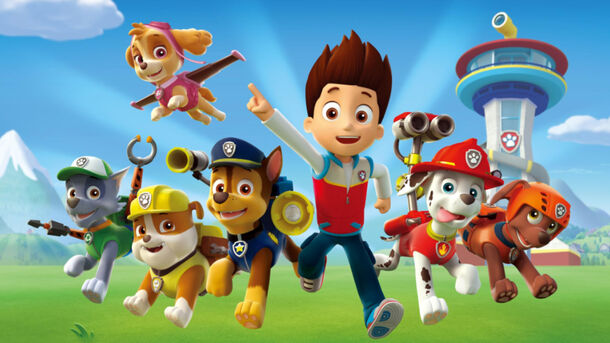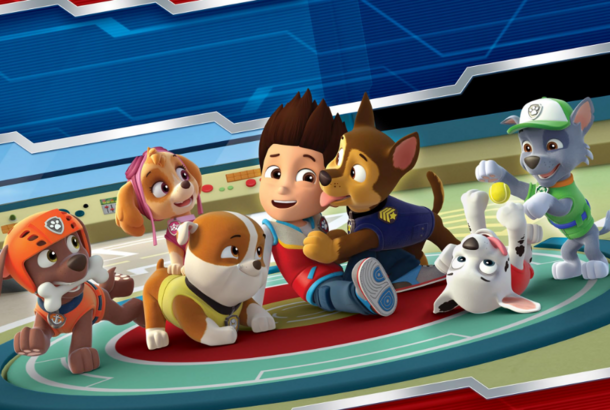When Adults Overthink: How 'Paw Patrol' Became a Target of Political and Social Criticism

A beloved kids’ show faces unexpected controversies beyond its simple adventures.
Paw Patrol, the popular children’s animated series loved by preschoolers worldwide, has recently found itself at the center of surprisingly serious criticism — far beyond its intended innocent fun. What was meant to be lighthearted entertainment for toddlers has become a battleground for adult critics analyzing the show’s social and political messages. Sometimes you just want to say: "Hands off the kids’ cartoon!"
Critics have pointed out that the show promotes a problematic worldview, emphasizing law enforcement and authority figures in a way some interpret as endorsing a 'pro-police' agenda. The focus on rescue dogs saving the day has been read by some as reinforcing traditional hierarchies and power structures, which sparked debate especially in the context of ongoing real-world discussions about policing and social justice.
Moreover, some observers have expressed concern about the lack of diversity and complex representation in the show, arguing that it reflects narrow cultural and societal norms. This scrutiny has even led to heated discussions on social media, with parents and commentators divided over whether the show is harmless fun or subtly problematic.

In essence, Paw Patrol — a seemingly simple kids’ cartoon — has become a mirror reflecting adult anxieties about politics, authority, and representation, proving that no piece of media, no matter how innocent, is immune to grown-up interpretation.
